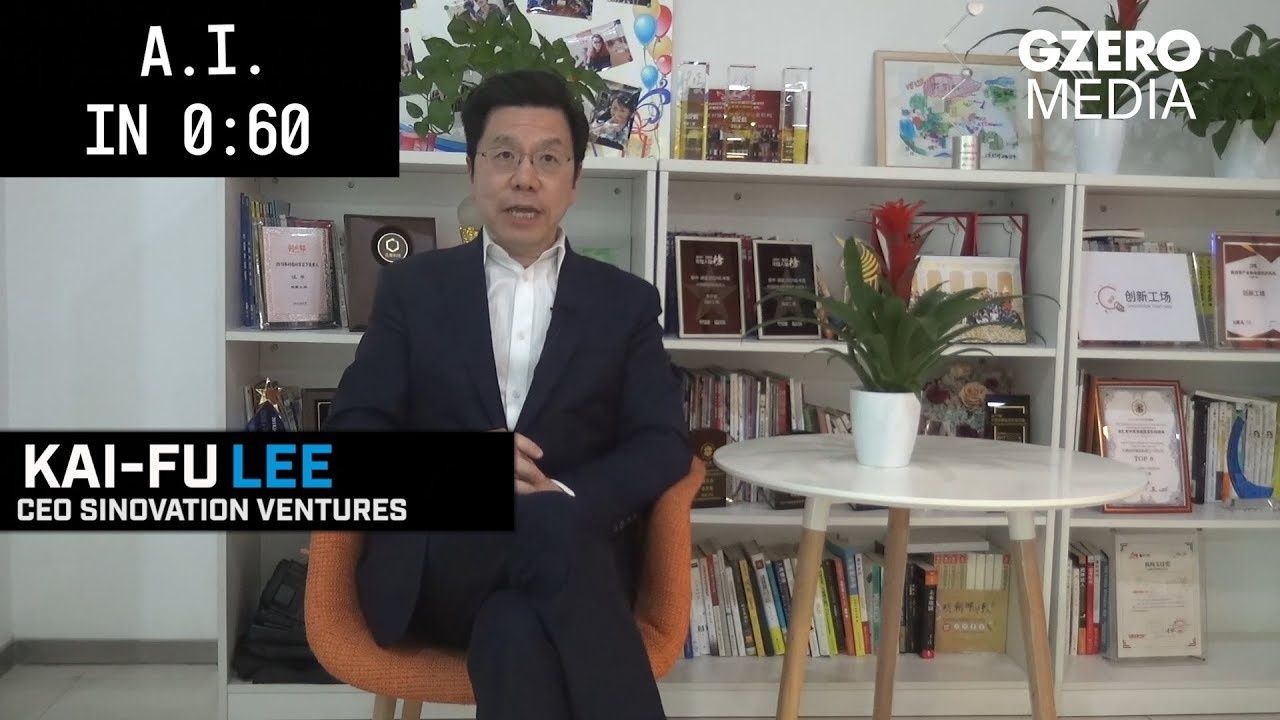In 60 Seconds
Can A.I. Reduce Poverty and Inequality?: AI in 60 Seconds

Can A.I. Reduce Poverty and Inequality?: AI in 60 Seconds

Will A.I. reduce poverty and inequality or make them worse?
On the positive side, A.I. is enabling all technologies and industries and will create a huge amount of wealth in the world measured by PwC as 16 trillion dollars in the next eleven years and more wealth ought to reduce poverty and inequality. Another aspect is that A.I. can be applied to health care and reduce the cost of health care and can be applied to education and make it more accessible. So that should also improve. However, A.I. has the following problems. First, much of the wealth generated by A.I. will go to the powerful Internet companies and big data companies like Google, and Facebook, and Tencent, and Alibaba. So they will get richer and A.I. will displace a lot of jobs, so poor people might lose their jobs. And A.I. will make lots of money for AI Superpowers like US and China, and may make other countries worse off. So the answer is we don't know but it's something we have to think about.
1,170: The number of high-rise buildings in Kyiv that were left without heating following a barrage of Russian attacks last night on Ukraine’s capital and its energy facilities, per Kyiv Mayor Vitali Klitschko.
U.S. President Donald Trump and Japanese Prime Minister Sanae Takaichi hold up signed documents regarding securing the supply of critical minerals and rare earths, at a bilateral meeting at Akasaka Palace in Tokyo, Japan, October 28, 2025.
Representatives from the European Union, United Kingdom, Japan, and others will meet in Washington this week to discuss a strategic alliance on critical minerals.
80,000: The number of people estimated to be in the streets of Czechia on Sunday to show their support for President Petr Pavel after he blocked the nomination of an environmental minister who performed the Nazi salute and posted Nazi memorabilia.
The US has started handing $1,000 to the bank accounts of newborn babies. But can policies like this one help boost sagging birthrates in advanced democracies?